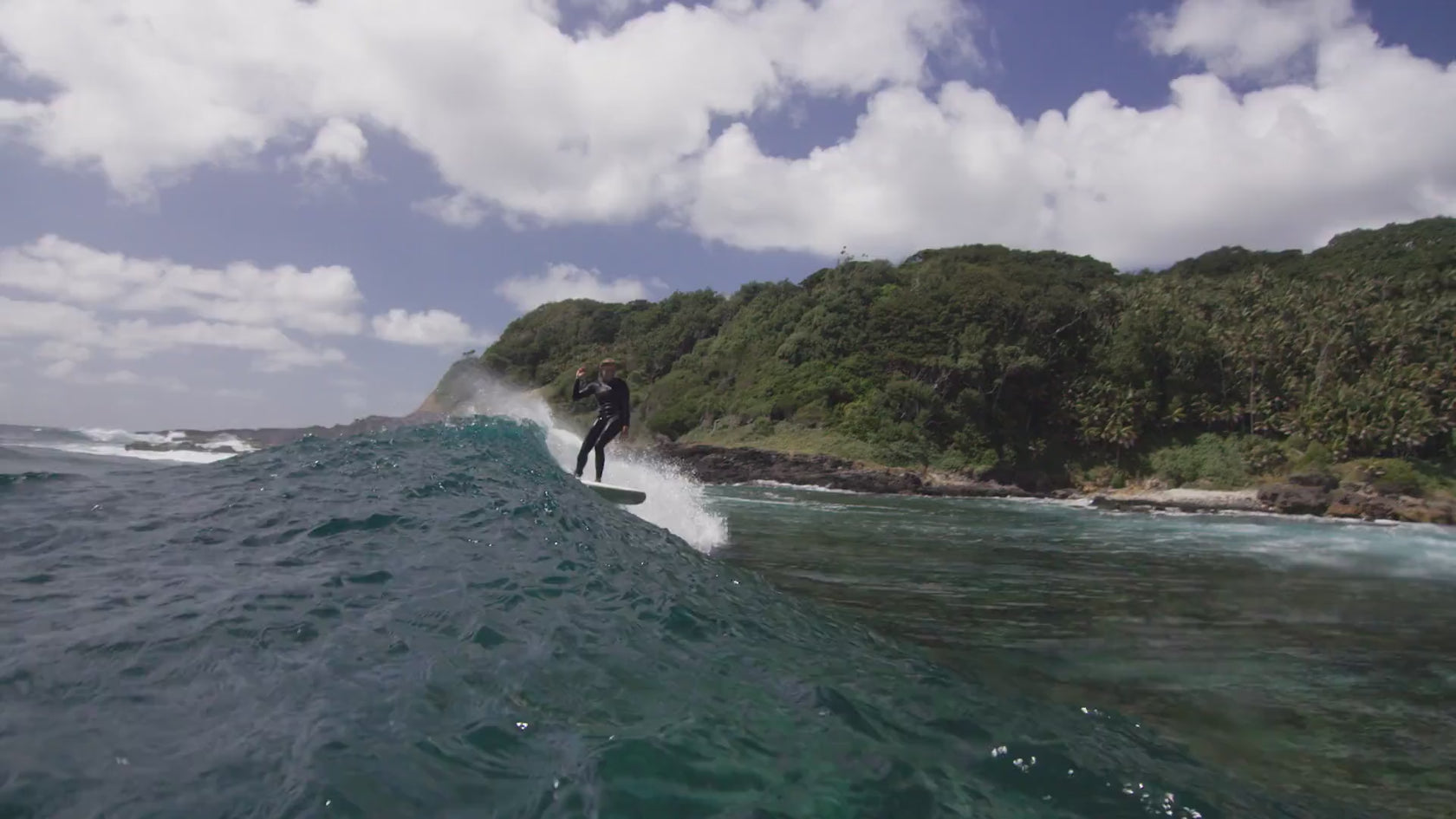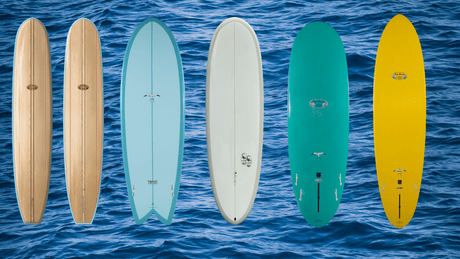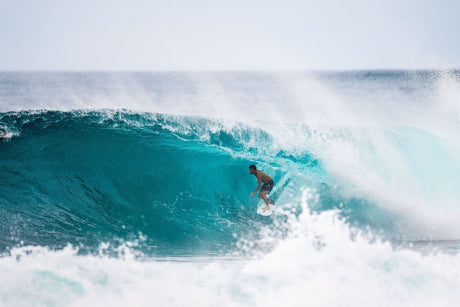From its modest beginnings in the 1970s to becoming a giant in the outdoor industry, Patagonia has built an unparalleled reputation in the world of outdoor equipment and clothing. Founded on principles of quality, innovation, and ecological commitment, Patagonia's story is that of a brand that has successfully combined commercial success with environmental awareness.
Humbly revolutionary origins
The story of Patagonia begins in 1973, when Yvon Chouinard, a passionate climber and mountaineer, decides to turn his passion for climbing into a business. He decided to create Chouinard Equipment, and later Patagonia. At the time, Chouinard focused mainly on the manufacturing and sale of climbing equipment, particularly pitons, those small metal hooks used to anchor ropes when climbing rock faces. The first pitons produced by Chouinard were made of steel, an effective material but nevertheless destructive to rock walls. Indeed, the intensive use of steel pitons caused significant damage to cliffs, thus altering the fragile ecosystem of mountainous areas. Aware of this ecological impact, Chouinard and his team set out to find a more environmentally friendly solution.
The first pitons produced by Chouinard were made of steel, an effective material but nevertheless destructive to rock walls. Indeed, the intensive use of steel pitons caused significant damage to cliffs, thus altering the fragile ecosystem of mountainous areas. Aware of this ecological impact, Chouinard and his team set out to find a more environmentally friendly solution.
This is how they began experimenting with aluminum, a lighter material that is less damaging to rocks. After several iterations and rigorous tests, they succeeded in developing aluminum pitons that offered a more environmentally friendly and equally effective alternative to their steel counterparts.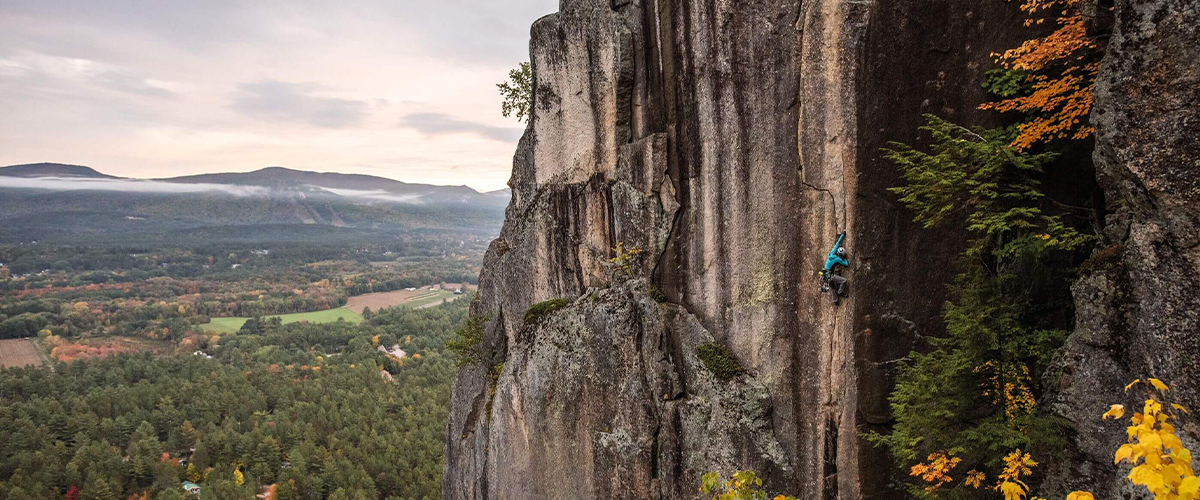 This change not only marked an evolution in the manufacturing of climbing equipment, but it also laid the foundation for the ethical and sustainable approach that would characterize Patagonia throughout its history. This early decision by Chouinard to consider the environmental implications of his business would shape Patagonia's identity and values for decades to come.
This change not only marked an evolution in the manufacturing of climbing equipment, but it also laid the foundation for the ethical and sustainable approach that would characterize Patagonia throughout its history. This early decision by Chouinard to consider the environmental implications of his business would shape Patagonia's identity and values for decades to come.
From Commercial Awareness to Ecological Commitment
In the following years, Patagonia expanded its range to include clothing and equipment for other outdoor activities such as skiing, hiking, and surfing. However, what truly sets Patagonia apart is its deep commitment to the environment.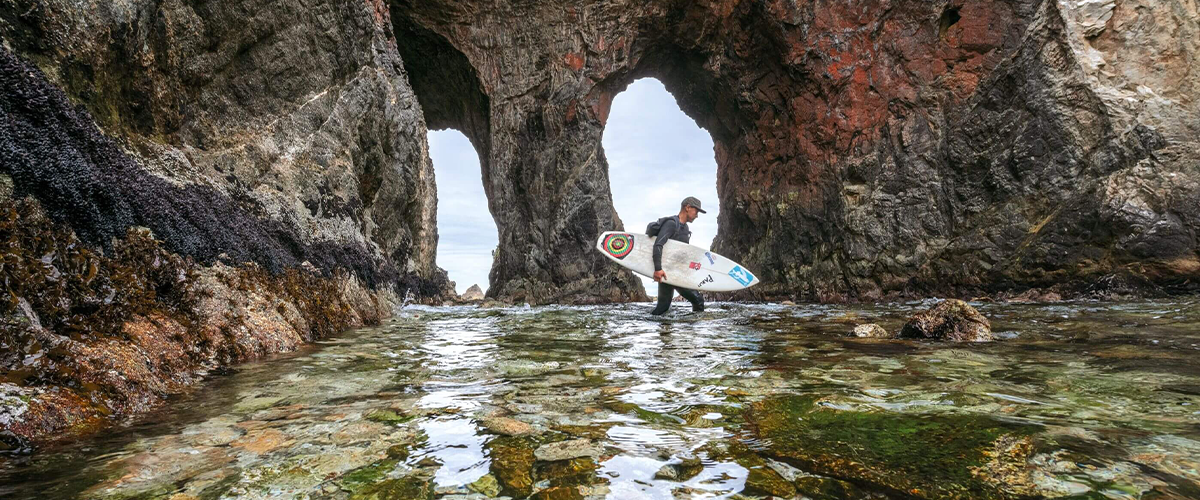 From the 1980s, the brand began actively engaging in environmental protection, donating a portion of its profits to nature conservation organizations. In 1986, it became one of the first companies to use recycled polyester in its products, a bold move at a time when sustainability was not a central business concern.
From the 1980s, the brand began actively engaging in environmental protection, donating a portion of its profits to nature conservation organizations. In 1986, it became one of the first companies to use recycled polyester in its products, a bold move at a time when sustainability was not a central business concern.
The quest for positive impact
Since its creation, Patagonia has proactively committed to environmental protection. Over the decades, the brand has developed and implemented a set of concrete initiatives aimed at reducing its ecological footprint and promoting sustainability.
Fair Trade : Important initiative aimed at promoting fair and sustainable business practices in global supply chains. In partnership with Fair Trade USA, Patagonia is committed to ensuring fair working conditions and supporting local communities in the regions where its products are made.
Ironclad Guarantee : La marque promet que ses produits sont fabriqués pour durer. Si un article ne répond pas aux attentes du client en termes de qualité ou de performance, Patagonia s'engage à le réparer, à le remplacer ou à rembourser son prix d'achat. Cette garantie témoigne de la confiance de Patagonia dans la qualité de ses produits et de son engagement envers l'excellence.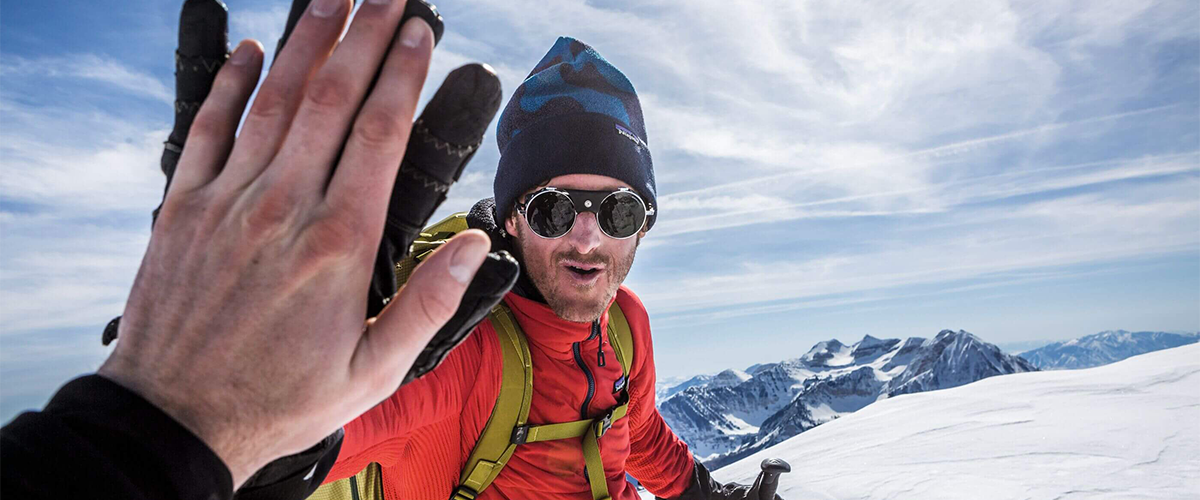 1% for the Planet : Depuis 1985, 1% du CA global de Patagonia est régulièrement reversé à des ONG qui luttent pour la préservation de l'environnement, ce qui représente des millions de dollars de financement pour des projets de conservation de la nature à travers le monde. Dans cette continuité, Yvon Chouinard et Craig Mathews crééent en 2002 « 1% for the Planet », qui encourage les entreprises à reverser au moins 1% de leurs ventes annuelles à des organisations environnementales.
1% for the Planet : Depuis 1985, 1% du CA global de Patagonia est régulièrement reversé à des ONG qui luttent pour la préservation de l'environnement, ce qui représente des millions de dollars de financement pour des projets de conservation de la nature à travers le monde. Dans cette continuité, Yvon Chouinard et Craig Mathews crééent en 2002 « 1% for the Planet », qui encourage les entreprises à reverser au moins 1% de leurs ventes annuelles à des organisations environnementales.
Since September 2022, all of Patagonia's profits have also been donated to NGOs. These funds have supported efforts to protect natural habitats, restore ecosystems, and raise awareness about biodiversity preservation. To date, Patagonia has thus donated more than 90 million dollars to support essential environmental actions.
Awareness and Advocacy Campaigns: The brand uses its platform to raise public awareness about critical environmental issues and to advocate for environmental protection policies. The brand has launched awareness campaigns on issues such as the protection of wilderness areas, the preservation of water resources, and the fight against climate change. These campaigns aim to educate and mobilize the public to take action in favor of preserving the planet.
For example, one can cite:
- The " Vote Our Planet " campaign launched in response to the United States' refusal to ratify the Paris Agreement on climate.
- The documentary film « DamNation », denouncing the environmental problems related to hydroelectric dams.
- The regular organization of events such as the « Patagonia Camp », allowing both young and old to become aware of nature preservation and moderation in their consumption habits;
Reduction of Environmental Impact: Patagonia continuously strives to reduce its environmental impact throughout its entire supply and production chain. The brand uses sustainable and recycled materials in the manufacturing of its products, reduces water and energy consumption in its operations, and constantly seeks ways to improve its processes to minimize its overall ecological footprint.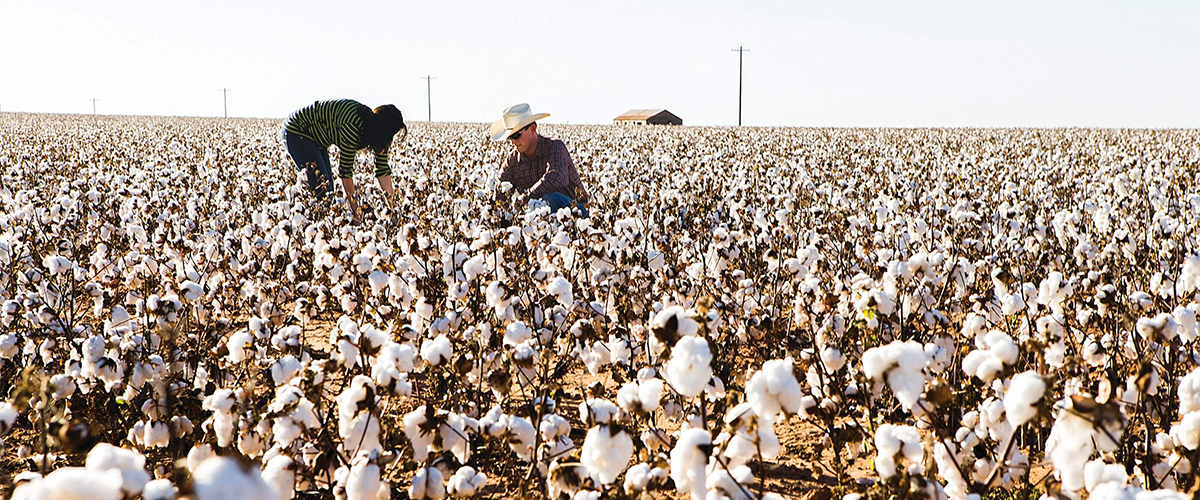 Support for Local Initiatives: In addition to its global efforts, Patagonia also supports local initiatives aimed at protecting the environment in the communities where it operates. The brand funds conservation projects, educational programs, and waste cleanup actions in the regions where it is established, thereby strengthening its commitment to local communities and the environment.
Support for Local Initiatives: In addition to its global efforts, Patagonia also supports local initiatives aimed at protecting the environment in the communities where it operates. The brand funds conservation projects, educational programs, and waste cleanup actions in the regions where it is established, thereby strengthening its commitment to local communities and the environment.
Iconic and innovative products: One of the most striking examples of this commitment to creating sustainable clothing is undoubtedly the Retro Pile jacket. Introduced over 36 years ago, it has hardly changed since and has become an essential garment, both for outdoor enthusiasts and city dwellers seeking comfort and style. It can be seen as a perfect expression of the sustainable philosophy advocated by Patagonia.
Technological innovations for a lesser impact on the environment
Over the years, the brand has invests in research and development of sustainable technologies and materials to reduce the environmental impact of its products. The brand explores innovative solutions such as low-impact dyeing techniques and eco-friendly production processes. Today, their products include:
- The H2No fabric, a waterproof membrane developed by the company to provide maximum protection to users without using the commonly used polluting materials in the industry.
- The use of recycled synthetic fibers for their range of fleece jackets.
- Responsible down supply with perfect traceability ensuring the ethical treatment of animals providing this precious raw material.
From jackets with breathable materials to weather-resistant backpacks, each product is designed to withstand the rigors of nature while minimizing its impact on the environment.

A future focused on action
As the world faces increasingly urgent environmental challenges, Patagonia remains determined to play an active role in the fight for the preservation of the planet. From reducing its carbon footprint to raising public awareness about environmental issues, the brand continues to embody the idea that companies can be positive forces for change.
Today, with a turnover of several billion dollars, Patagonia has become one of the global leaders in the sports and outdoor clothing industry. This success gives it a unique position to positively influence the sector and make its committed voice heard.
The story of Patagonia is inseparable from a long-term vision and a deep commitment to sustainability. Far more than just a commercial enterprise, the brand aims to be a messenger of a lifestyle that is more respectful of our planet and its inhabitants.



















